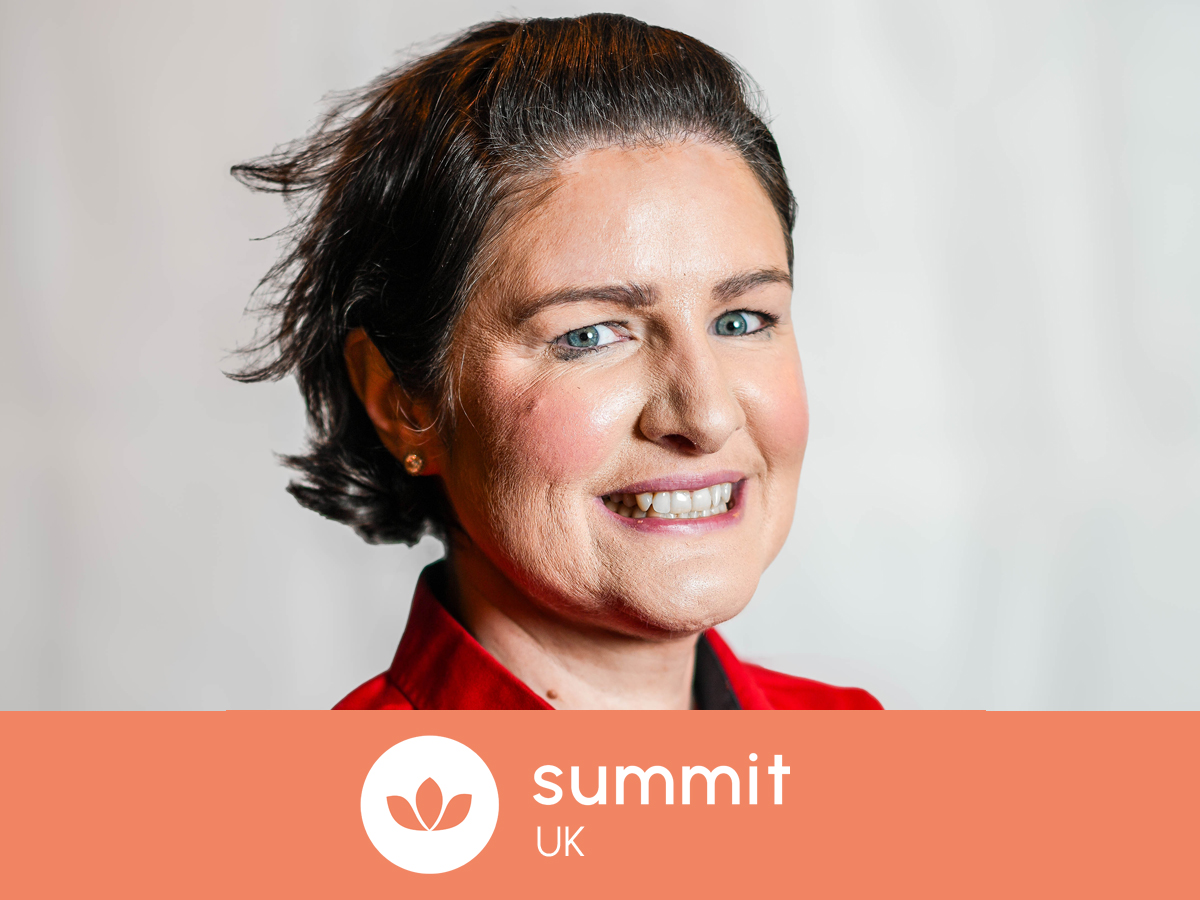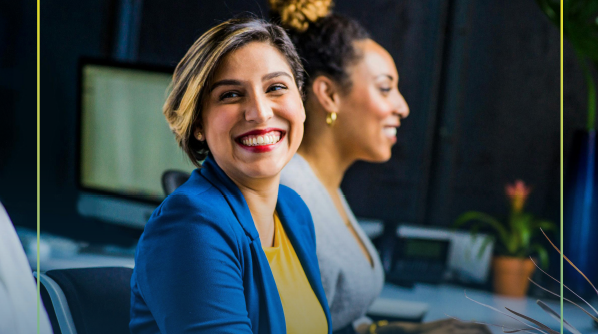
We are delighted to share that Abhishek will be speaking in Mumbai as part of our India summit. We caught up with him to see how he’s feeling in the runup to the event.
Hi Abhishek, we are thrilled that you will be speaking at the Wellbeing at Work India Summit in April. Our first and most important question is, how are you doing today?
Happy to be speaking at the Summit—it’s a platform I’ve long admired for sparking meaningful conversations! I’m doing good today —feeling energized and ready to dive in. Hope you’re doing well yourself!
As a leader based in the region, what are the main challenges you are facing when it comes to employee wellbeing and mental health?
I think many Indian workplaces still face the same stubborn challenges when it comes to employee wellbeing and mental health. Stigma looms large—people talk about mental health in hushed tones, as if it’s taboo rather than reality. Then there’s the grind: long hours leave employees burnt out, with work-life balance feeling more like a myth than an achievable goal. While awareness has improved over the past decade, access to proper mental health support remains patchy at best. And let’s be honest—our culture doesn’t exactly roll out the red carpet for those who say, “I need help.”
It’s a messy knot, and it’s costing us. Poor mental health doesn’t just stay in the mind—it creeps into the body, leading to hypertension, chronic fatigue, and serious health risks.
The good news is that we’re seeing a shift. Leaders are becoming more intentional, treating wellbeing as a priority rather than an afterthought.
What strategies have you seen developing over the past 6 months, both internally and externally, that are moving the dial on wellbeing in the workplace?
Workplace wellbeing is seeing some smart shifts that are truly making an impact. Mental health support is getting a real boost, with organizations beginning to move beyond just a helpline number to investing in meaningful resources. While fully remote work is being phased out in many places, hybrid arrangements are sticking, giving employees the best of both worlds. Leaders are stepping up too, with proactive check-ins that feel less like a formality and more like, “Hey, you okay?”
Mindfulness is also making its way into daily routines—whether it’s a quick breathing exercise or a quiet moment before the chaos begins. Wellbeing plans are becoming more personalized rather than one-size-fits-all. But the biggest shift? Open conversations. At ZebPay, we’re encouraging employees to speak up about their struggles without fear of judgment. It’s not perfect yet, but it’s definitely becoming more human—and that’s what’s driving real change.
Why is employee wellbeing so important to you personally?
Employee wellbeing hits home for me because we can’t un-know what we’ve learned. A decade ago, mental health was a blind spot—now it’s in sharp focus, and I’m not about to just sit on that. Our people spend over 2,000 hours a year with us; that’s not just a paycheck, it’s a chunk of their lives. We’re as responsible for their wellbeing as their families are—I don’t take that lightly. When someone’s physically sick, we don’t blink at a day off, and as leaders, we get it. But mental health? We’ve got to stop treating it like an excuse. Knowing more means doing more—to me it’s that simple.
What impact is AI having in your organisation and how are you managing that?
At ZebPay, AI’s doing what it’s meant to—making life easier. It’s automating the grunt work, sharpening decisions with data, so our teams can tackle the big stuff. No team, no industry, can dodge its impact—it’s a force. We see it as a powerhouse to harness, not fear. That’s why we’re upskilling our people, equipping them to ride this wave, not sink under it. It’s about staying ahead, and ensuring AI works for us, not the other way around.
Other than AI, are there any challenges that you are seeing for the first time and how are you addressing them?
As I’ve said, AI isn’t a challenge for us—it’s a powerhouse we’re harnessing. Beyond that, every day tosses something new, but we’re ready because our priorities are rock-solid. Customer centricity drives us, internally and externally—we always want to exceed expectations. But not at the expense of our employee well-being or what they expect from us. So yes, new challenges pop up constantly. Yet, with a clear goal and a game plan, we don’t just cope—we improve. It’s about knowing what we stand for and working to make it better, every single day.
What areas do you think employers should be focused on over the next 12 months?
Over the next 12 months, employers need to zero in on upskilling their workforce to master AI—it’s not just a buzzword, it’s the moment. As leaders, it’s on us to get our people ready, not scrambling. Figure out what AI can handle, then prep your team to wield it for bigger, better wins. Double down on critical thinking, emotional intelligence, and adaptability—the human stuff machines can’t touch. That’s where the real edge lies.
Do you feel that investment in employee wellbeing in the region is increasing or decreasing and is that a direct reflection on HR leaders’ increasing ability to demonstrate effective returns of their strategies to leadership?
Yes, absolutely. Investment in employee wellbeing is increasing—and rightly so. More HR leaders, myself included, are demonstrating its ROI. We’re talking a more engaged workforce, tighter team connections, better retention, and less absenteeism. At ZebPay, we’ve got the proof- when you back wellbeing with data, it’s not just a feel-good move, it’s a strategic no-brainer. We’re not just talking the talk; it delivers real results.
How has your organisation been leading the way?
At ZebPay, we’re leading the way on employee wellbeing with ZEBCARE, our custom program built for accessibility and inclusivity. Free 1:1 therapy sessions and OPD coverage are available through mobile apps—help’s always a tap away, wherever you are. We’re also driving open conversations, normalizing mental health talks without any awkwardness.
Our leave policies reflect inclusivity: menstrual leave for women, paternity alongside maternity, and adoption leave—every family counts. Add ITR bootcamps, wealth management sessions, walkathons, yoga, and ‘Trade Your Stress’ trading games with coffee rewards, and it’s a more wholesome approach. We track and tweak to keep it effective. In our high-octane crypto space, we expect 100%, and we deliver support that’s real, accessible, and meaningful. That’s our edge.
Abhishek will be speaking in Mumbai at the Wellbeing at Work Summit India. Further details on the Summit can be found here.



